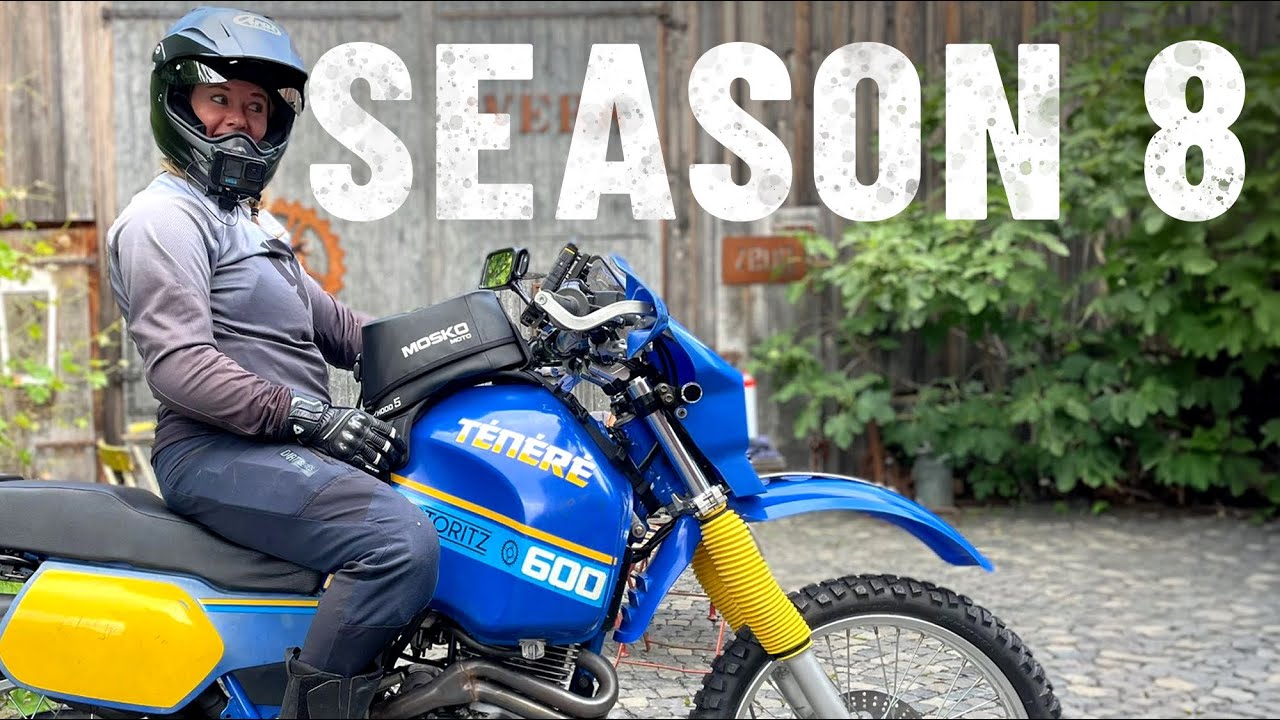Thriving on $1 a Day in Africa!! Africa’s Apocalypse Man!!
Summary
TLDRIn this video, the host travels to rural Zimbabwe to meet Vincent, a self-sustained fisherman living in a remote compound he built with his wife. Without modern amenities, Vincent relies on natural resources for food, including cornmeal, tamarind, and fish. His income comes from fishing, selling dried fish, and raising cattle, a symbol of wealth in Zimbabwe. The journey highlights Vincent's resilience, ingenuity, and close-knit family life in the face of adversity. Through Vincent's story, viewers learn about traditional living, sustainable practices, and the cultural significance of cows in this rural African community.
Takeaways
- 😀 Vincent and his wife have built their own compound in rural Zimbabwe, living in a self-sustaining and resourceful manner.
- 🍽️ Cornmeal porridge and cornmeal bread are staple foods in their diet, providing essential carbohydrates.
- 🐘 Elephants can pose a challenge to their food storage, as they occasionally steal maize and millet.
- 🐟 Fish is a vital source of protein in Vincent's diet, often caught from the nearby river using large nets.
- 🏞️ The region where Vincent lives is sparsely populated, offering space and freedom but also challenges like isolation from modern amenities.
- 🍞 The bread they make is dense and thick, with a unique flavor, contrasting the starchy, flavorless alternatives like 'sadza.'
- 💡 Vincent's only modern technology is a small solar panel that powers his brick phone, with no electricity available otherwise.
- 🛶 Fishing is Vincent's primary income source, with over 45 years of experience and a large river nearby to catch fish.
- 🐄 Cows are a form of wealth in rural Zimbabwe, providing security and long-term value, unlike cash which can lose value due to inflation.
- 🍖 Vincent occasionally enjoys guinea fowl, raising them for their eggs and meat, though it’s a more difficult animal to raise than chickens.
- 🌍 The video highlights the importance of resourcefulness, with Vincent creating and managing his lifestyle through fishing, farming, and woodcraft, while also maintaining a deep connection to nature and tradition.
Q & A
What is the primary source of food for Vincent and his family?
-The primary source of food for Vincent and his family is cornmeal, which is a staple carbohydrate. They also consume fish regularly, which is caught by Vincent using traditional methods like nets.
How does Vincent manage to cook without modern appliances?
-Vincent and his family use a traditional cooking method with a stove made of coal and a homemade convection oven setup. They also rely on natural resources like firewood for cooking.
What is the significance of cows in Vincent's life?
-Cows are considered a measure of wealth in rural Zimbabwe. Vincent uses them as a financial asset, as they hold value over time and can even give birth to more cows, providing a form of dividend.
How does Vincent fish in the Dekar River?
-Vincent fishes by using large nets that he makes himself. He places the net over the river to trap fish that may be hiding among the rocks, then pulls it up to catch them.
What is the purpose of the small solar panel at Vincent's home?
-The small solar panel powers Vincent's brick phone, providing a very limited connection to modern technology, as his home lacks electricity.
How does Vincent preserve fish for later consumption?
-Vincent dries fish by scaling and gutting them, then placing them on a wood rack over a fire for about four hours. Afterward, he places the fish in the sun for further drying. Once needed, the dried fish is rehydrated by boiling it with seasonings.
What kind of food does Vincent rarely eat, and why?
-Vincent rarely eats meat like guinea fowl or chicken. However, once a week, he breaks his pescetarian diet to enjoy guinea fowl, which is harder to breed and less abundant than chickens.
How does Vincent's wife contribute to their food production?
-Vincent's wife plays a key role in food preparation, such as making the cornmeal porridge and bread, and also helps in the construction of their home and kitchen.
What was the unique food item that the host shared with Vincent?
-The host shared a peanut butter rice krispie bar covered in chocolate, a snack from his homeland, with Vincent. Despite the presence of ants, Vincent enjoyed it.
What challenges does Vincent face living in such a remote location?
-Living in a remote area means that Vincent has limited access to resources. He has to walk long distances to buy essentials like cooking oil, sugar, salt, and soap, and faces difficulties with transportation, as seen with the broken cow he couldn't replace.
Outlines

This section is available to paid users only. Please upgrade to access this part.
Upgrade NowMindmap

This section is available to paid users only. Please upgrade to access this part.
Upgrade NowKeywords

This section is available to paid users only. Please upgrade to access this part.
Upgrade NowHighlights

This section is available to paid users only. Please upgrade to access this part.
Upgrade NowTranscripts

This section is available to paid users only. Please upgrade to access this part.
Upgrade NowBrowse More Related Video

Let's Watch Old Stuff: The Fisherman and His Wife (1977)

The Paradox of Being Nice

Рыбак и Его Жена | сказка | Сказки для детей и Мультик

Nobody expected me to choose this motorcycle to ride around the world | S8, EP01

JOGANDO PLAYSTATION A 600 KM DE DISTÂNCIA !!!

Tinggal di Pemakaman, Inilah Potret Kemiskinan di Cirebon
5.0 / 5 (0 votes)